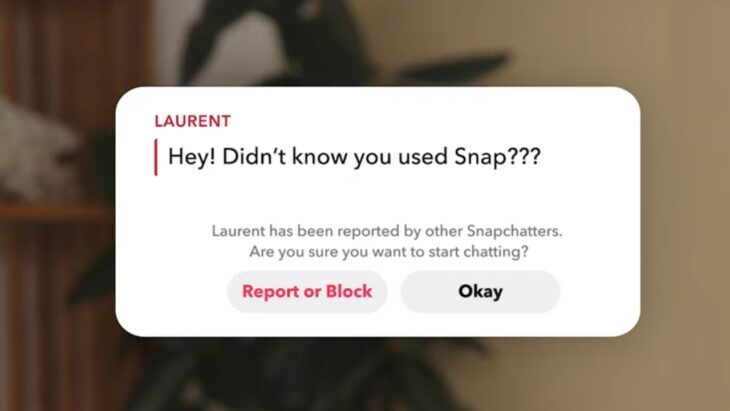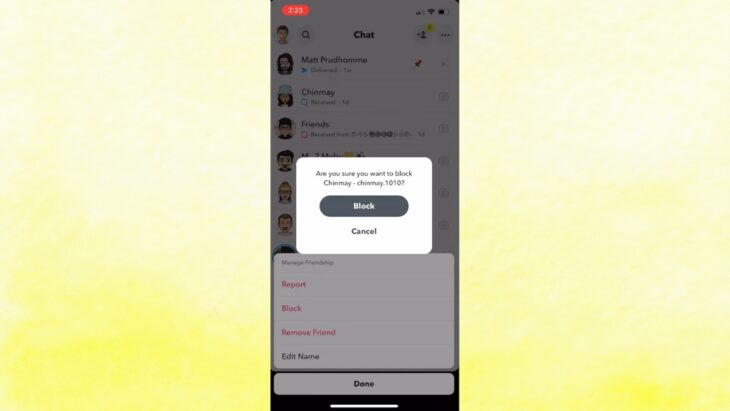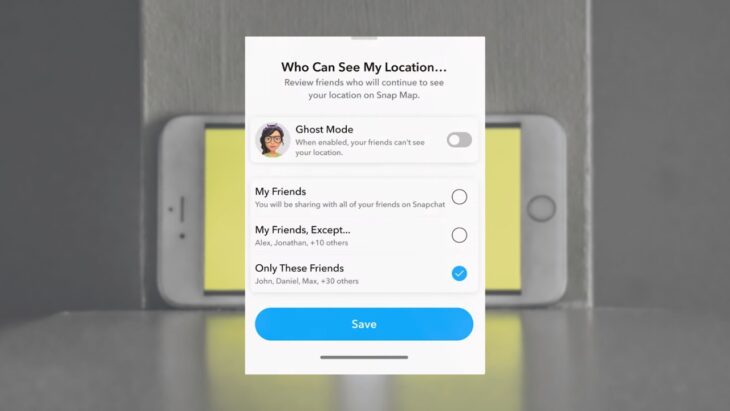Today, Snap Inc. is rolling out some cool new features to keep the Snapchat community safe from online dangers like sextortion and bullying. They’re beefing up their tools with better in-chat warnings, stronger friend protections, easier location-sharing, and improved blocking. All these changes are to make sure Snapchat stays a place where real-life connections thrive.
Ben Au, the public policy lead for Australia and New Zealand at Snap Inc., emphasized that keeping Australians, especially teens, safe, private, and well is a top priority for the company.
“Snapchat is built differently than other social media platforms. It’s all about connecting with real-life friends, and we’re constantly working to make it more fun and safe. As new online threats pop up, we’re committed to finding ways to protect our community, especially young Australians.”
These new features are part of Snap’s ongoing efforts to make it hard for strangers to find and contact teens on the app and to combat the rising issue of online sextortion in Australia.
“We’ve put a lot of effort into fighting sextortion on Snapchat. We’ve designed the app so it doesn’t show public friend lists, preventing these schemes.
Teens can’t get messages from people they haven’t added as friends or don’t have in their phone contacts.
Plus, we keep educating our users with resources like our in-app Safety Snapshot on financial sextortion and our Privacy & Safety Hub,” Ben continued.
“Our latest safeguards are all about promoting real connections, helping young people make smart choices, and making sure every Snapchatter feels safe and confident.”
Here’s what’s new:
Expanded In-App Warnings

Last November, Snapchat started showing pop-up warnings when a teen got a message from someone they didn’t share mutual friends with or have in their contacts.
This warned them of potential risks and reminded them to connect only with trusted people. Since then, millions of Snapchatters have taken action, leading to over 12 million blocks.
Now, Snapchat is expanding these warnings to include new and advanced signals.
Teens will get a warning if they receive a chat from someone who has been blocked or reported by others, or from a region outside their usual network – signs that the person might be a scammer.
Enhanced Friending Protections
Currently, teens aren’t suggested in Quick Add or Search unless they have multiple mutual connections. Snapchat is now adding more friending safeguards. Along with the expanded in-app warnings, it’s becoming much harder for strangers to find and add teens.
Snapchat will stop friend requests from being delivered if they’re from someone the teen doesn’t share mutual friends with and who has a history of using Snapchat in scam-prone areas. This applies whether the request is sent by a teen or to a teen.
Blocking Improvements

Snapchat has always had tools to easily block someone. But sometimes, bad actors make new accounts to keep harassing those who’ve blocked them.
To tackle this, Snapchat is upgrading its blocking tools. Now, blocking someone will also block new friend requests from any other accounts made on the same device.
Simplified Location-Sharing and Additional Reminders

Snapchatters, including teens, get regular reminders to check their security and privacy settings and share their location only with friends.
Now, Snapchat is sending these reminders more often to ensure users know exactly who can see their location on Snap Map. They’re also making location-sharing simpler, so it’s easier to control which friends see your location.
Location sharing on Snap Map is off by default, so users have to opt-in to share where they are. And you can only share your location with your Snapchat friends, not with the whole community.
These new tools are just the latest steps in Snap’s ongoing mission to keep teens safe on Snapchat.


